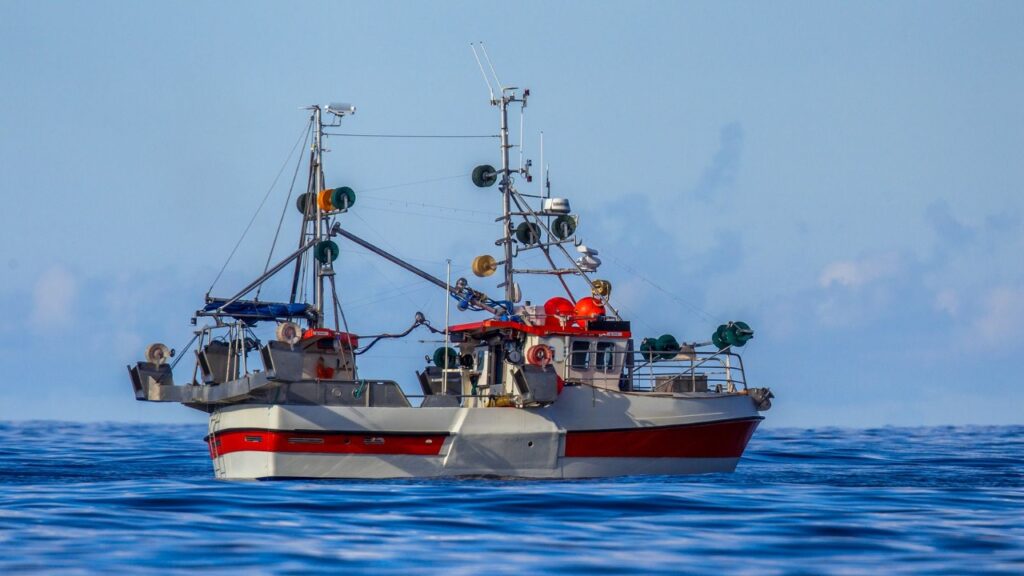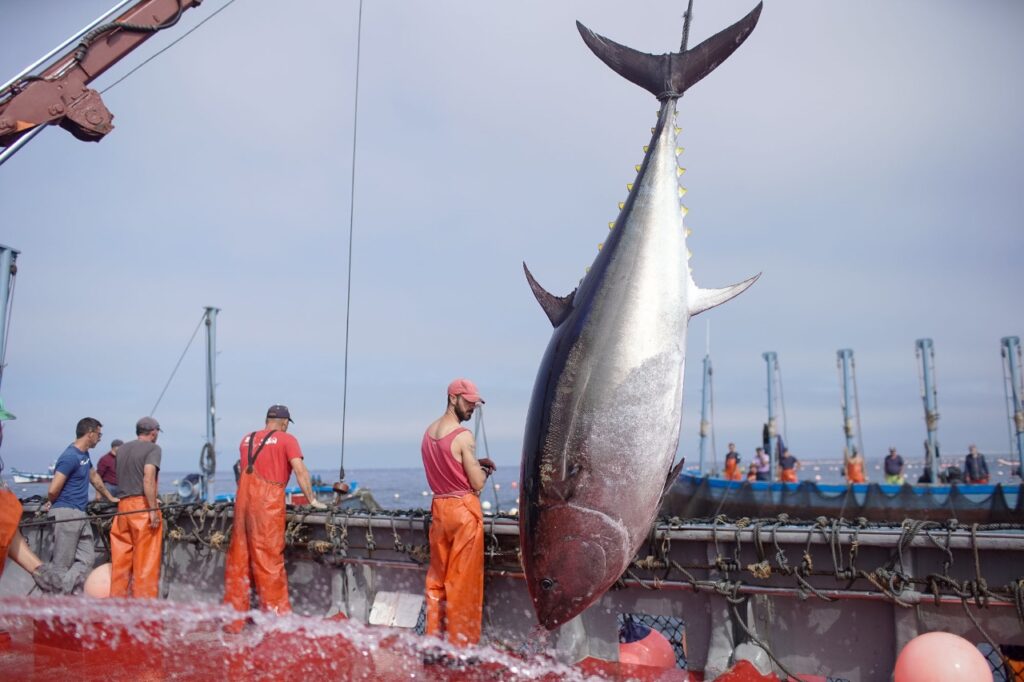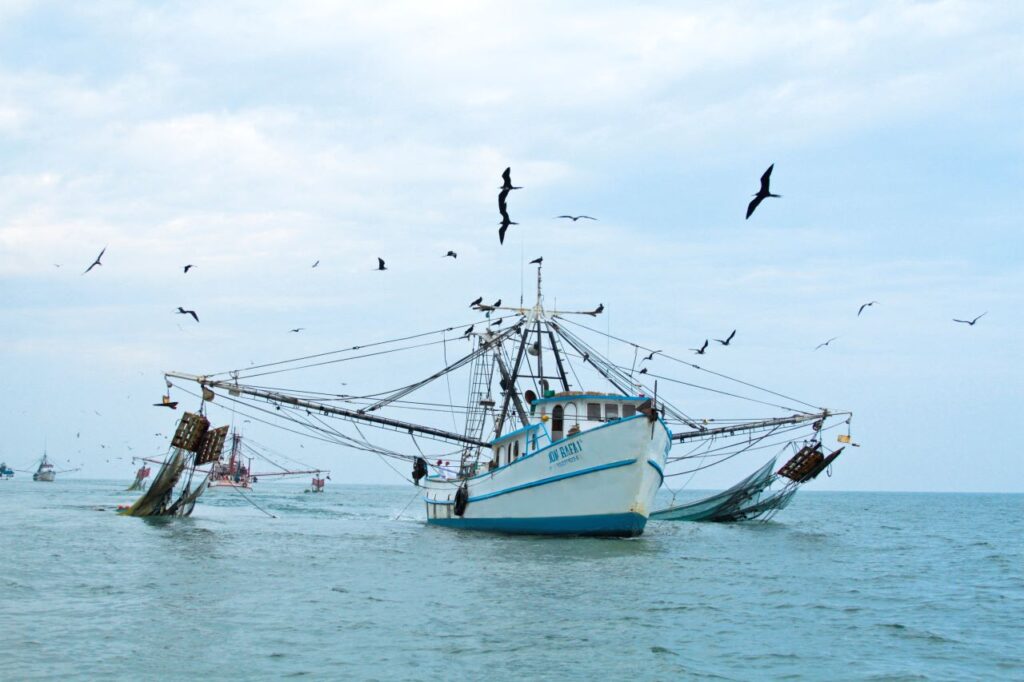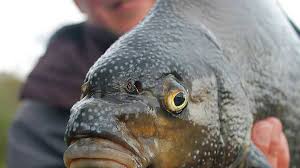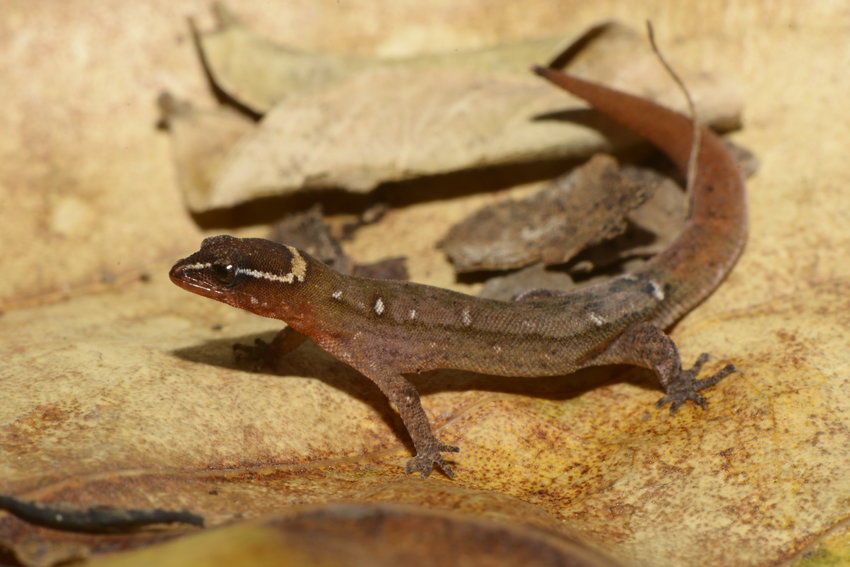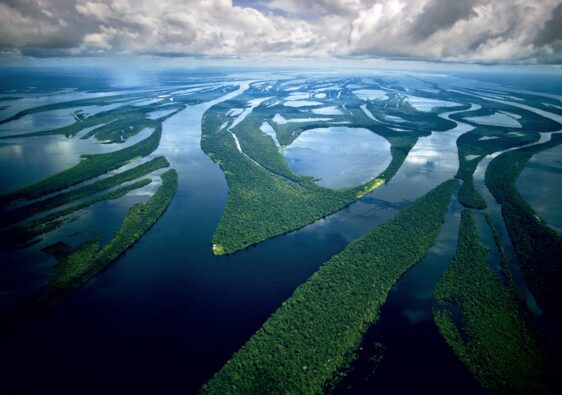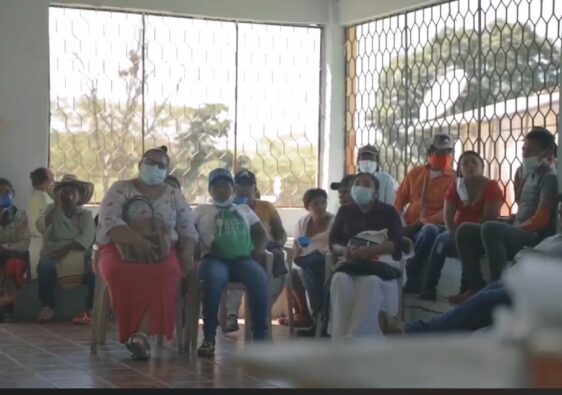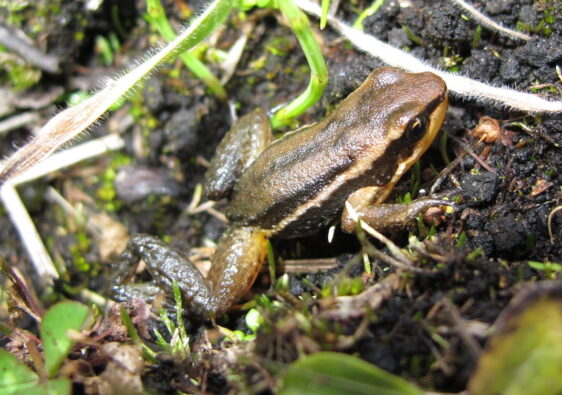RESUMEN: ABSTRACT
This plan seeks the protection of marine biodiversity on the coasts of the Caribbean Sea, of Colombia. Our strategy consists of the management of sustainable fishing in 2,300 fishing vessels for the protection of 5 threatened marine species from illegal, unreported and unregulated (UUI) fishing:
(i) Long-beaked Common Dolphin (Delphinus capensis)
(ii) Yellowfin Tuna (Thunnus albacares)
(iii) Boreal shrimp (Pandalus borealis)
(iv) West Indian manatee or Caribbean manatee (Trichechus manatus)
(v) Hawksbill Turtle (Eretmochelys imbricata)
We will apply a sustainable fishing marketing model through digital transformation, for the economic reactivation caused by the health emergency of covid-19, the proposed results will be:
R1. 80% decrease in illegal, unreported and unregulated fishing at the project site.
R2. Implementation of an electronic fishing log system to effectively monitor fishing on the project site.
R3. Training of 500 Zenú indigenous people in sustainable fishing management.
R4. Creation of a regional office for the management and control of sustainable fishing in the Caribbean region of Colombia.
R5. 2,300 fishermen are registered, monitored and sensitized in sustainable fishing management.
R6. Increase in the conservation status of the 5 target marine species of the project.
R7. Monitoring of fishing operations of 500 fishing boats with video and global positioning systems (GPS), the validation of licenses and fishing records and the application of digital “QR” codes, for recording and control of catch data.
R8. Creation and promotion of a legal framework with fishing quotas per vessel, per species; geographical limits of fishing practices; closed seasons in critical marine ecosystems.
1.2. Vision
By 2025, Colombian caribbean coasts produces, exports and consumes large pelagic fishery products with levels of sustainability and quality, recognized worldwide for its innovation, competitiveness, adaptation to climate change and sufficient institutional capacity to manage its fisheries and improvement. the conditions of the people dependent on this activity.
1.3. Mission
The public and private fishing sector of large Colombian pelagics works in an articulated intersectoral manner to improve the production, profitability and quality of their fishing products, and the environmental, social and economic performance of the value chain.
